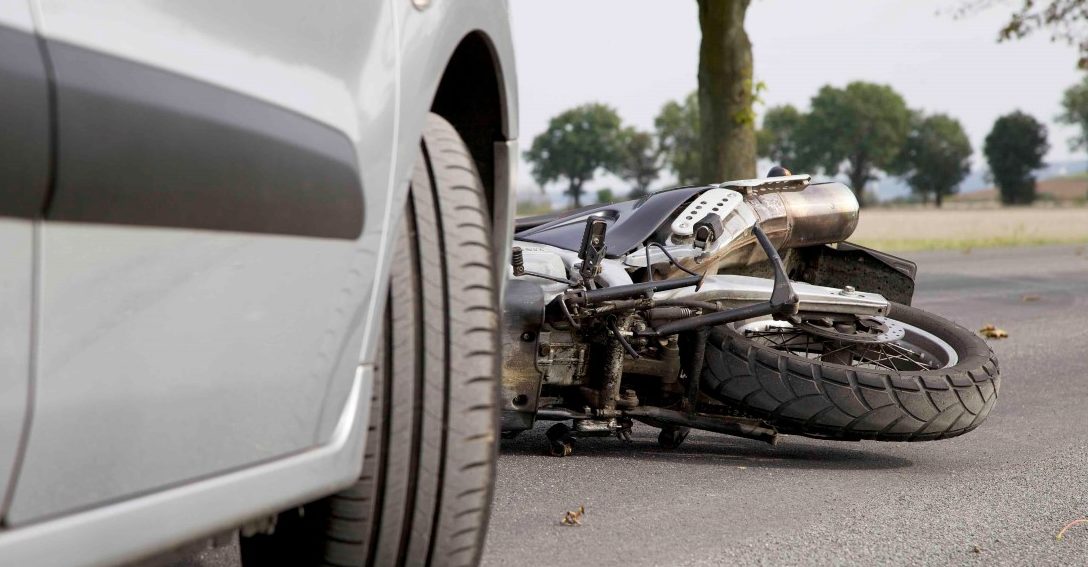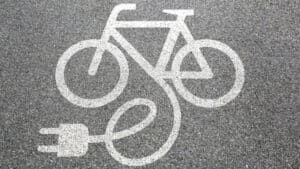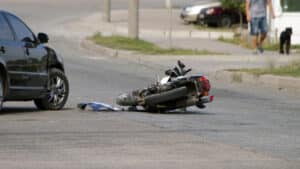
Jacob from San Francisco writes: “My Dad was killed in a motorcycle crash on a country road in the North Bay. It happened at night when it was dark outside. He was heading southbound and as he rounded a curve he collided with a pickup truck that was making a right turn from a side road into the same lane of traffic my Dad was riding. The driver claimed that he didn’t see my dad and that my dad must have been speeding.
The police did not charge the driver with any offense. I don’t understand: my Dad was a safe driver. On the night he died, my Dad was wearing his reflective motorcycle jacket and reflective motorcycle helmet. My Mom is struggling with my Dad’s death and does not know what to do. I have told her she should talk to a lawyer about suing the pickup truck driver. What do you advise?”
Jacob, I am saddened to learn of your father’s death. Losing a parent or spouse has a profound impact. I just lost my mother at 89 from a long battle with cancer. At least we had time to prepare and say our goodbyes. My condolences to you and your family.
You have asked for my advice. Before rendering a true legal opinion I, or any other lawyer, would need to more fully review the complete set of facts. I can only discuss in general terms the law concerning a case like this. I suggest that you speak with a trial lawyer, familiar with motorcycle accident dynamics as well as roadway design liability, as soon as possible so you can get a competent legal opinion after review of all the facts.
In analyzing the behavior of the truck driver we can apply California Vehicle Code. Section 21804 states that the driver of any vehicle about to enter or cross a highway “shall yield the right-of-way to all traffic . . . approaching on the highway close enough to constitute an immediate hazard, and shall continue to yield the right-of-way to that traffic until he or she can proceed with reasonable safety.” A “hazard” exists if any approaching vehicle is so near or is approaching so fast that a reasonably careful person would realize that there is a danger of a collision. Thus, it was the responsibility of the pickup truck driver to enter road only after checking and verifying that it was safe to do so.
The scenario you present states that the driver says that he both didn’t see your father and that he was speeding. These are inconsistent statements.
If the driver saw your dad and had time to determine his speed then the driver should not have entered the roadway as he would have/should have determined that your father was too close for him to execute his turn without creating an unreasonable risk of harm or death to your father. If the driver did not see your dad, and there was enough of a sight-line which would have allowed him to do so, then it would appear that he was not reasonably careful in verifying that it was safe to enter into the roadway.
An analysis also needs to be undertaken immediately of the scene conditions. Photos need to be taken to demonstrate the visibility available to the truck driver as he/she was making the decision to enter the roadway. There is a field of highway design and traffic engineering which has developed what are known as decision-sight-distance metrics which correspond to different speeds and types of conduct.
This case would involve analyzing the driver’s available decision-sight-distance to see if, at the posted speed, the driver would have enough time to make a safe decision to enter the roadway. It is recognized that at varying speeds a driver needs more time, and distance, to make a decision as the speed of approaching traffic increases. Photographs should be taken immediately to try and preserve the site conditions.
The speed your father was traveling will be definitely considered in determining fault. Speed itself does not determine liability. Speeding is often a factor which is considered in comparison to other factors to determine what percentage of liability is imposed on each party or entity. California is a “pure comparative fault” state meaning that a victim can bear some fault for their injuries but still recover from the other parties with the fault being apportioned by each party’s respective degree of fault. If your father’s speed is determined by a jury to be 10% of the reason the collision occurred, the recovery for damages available to your family would be reduced by 10%.
If the liability of the truck driver, governmental entity, or another party is a factor in the collision, then your mother, and any minor dependents, would be able to file a wrongful death action to recover the costs of pre-death medical expenses, funeral and burial expenses, the loss of your father’s economic contributions to the family from his salary and benefits, the economic loss from his inability to do work around the house, and other out-of-pocket losses. Additionally, your mother, and any minor dependents would be able to recover the non-economic value of the loss of love, support, guidance, comfort care and companionship which has been caused by your father’s death.
It is important that your mother act promptly to seek legal advice both to gather the evidence and preserve all legal claims. If there is governmental liability then she must file a Notice of Claim with the responsible entity within 6 months of the collision or she may lose her right to do so. There is a 2-year statute of limitations to bring a wrongful death action against a private party.
I hope this assists you in understanding how a claim of this type is evaluated and what steps should be taken promptly to preserve your mother’s rights. My advice, seek competent legal representation from a trial lawyer immediately.
Contact A Motorcycle Accident Lawyer At The Dolan Law Firm Today
From our offices in San Francisco and Oakland, our motorcycle injury attorneys have successfully represented injured motorcyclists from the San Francisco Bay Area and across California for over 20 years. We are proud to have been repeatedly recognized as one of the best injury law firms in California.
If you or a loved one has been injured or killed in a bike accident, we urge you to email our attorneys today or call 415-636-8160. We will review your case for free, promptly and with no obligation on your part.










